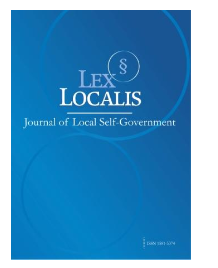IMPLEMENTATION OF CULTURALLY RESPONSIVE CURRICULUM: CHALLENGES AND PRACTICES
DOI:
https://doi.org/10.52152/fmmv5z35Keywords:
Culturally Responsive Curriculum (CRC), Diversity, Educational Challenges, Effective Practices, Student EngagementAbstract
This study examines the challenges, effective practices, and impacts of implementing Culturally Responsive Curriculum (CRC) in diverse educational settings, aiming to identify obstacles faced by educators, administrators, and students, explore successful strategies, and assess CRC's effect on student engagement and achievement. Findings reveal varying levels of CRC adoption, with key success factors being resource allocation prioritizing diversity, educator collaboration, and supportive leadership. Challenges include insufficient culturally reflective materials, collaborative barriers, and leadership support deficits. Effective practices address these issues by fostering inclusive resource allocation, collaborative educator efforts, and advocacy for supportive leadership. Conclusions emphasize the need for comprehensive CRC assessments, understanding contributory factors for strategy development, addressing implementation challenges, and promoting effective practices to create inclusive educational environments that enhance student experiences.
Downloads
Published
Issue
Section
License
Copyright (c) 2025 Lex localis - Journal of Local Self-Government

This work is licensed under a Creative Commons Attribution-NonCommercial-NoDerivatives 4.0 International License.








